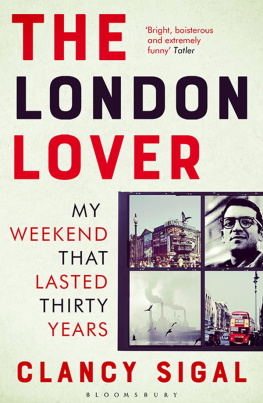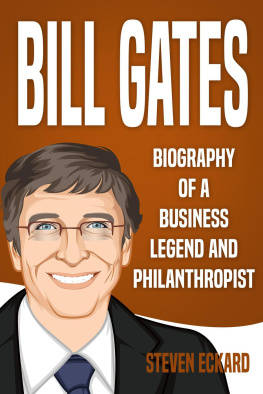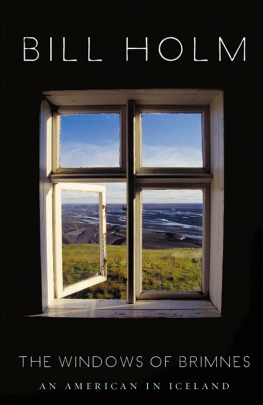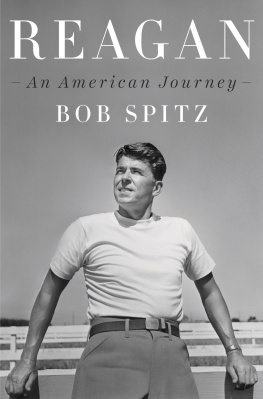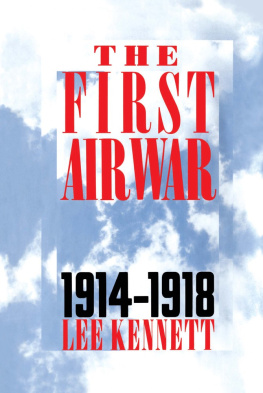W. W. Norton & Company
Frontispiece : Stars and Stripes , Mediterranean edition, July 14, 1944.
Copyright 1944 by Bill Mauldin. Courtesy of the Mauldin Estate.
For information about permission to reproduce selections from this book, write to Permissions,
W. W. Norton & Company, Inc.,
500 Fifth Avenue, New York, NY 10110
DePastino, Todd.
Bill Mauldin: a life up front / Todd DePastino.1st ed.
p. cm.
Includes bibliographical references.
1. Mauldin, Bill, 19212003.
2. CartoonistUnited StatesBiography.
I. Title.
NC1429.M428D47 2008
741.5092dc22
[B]
W. W. Norton & Company, Inc.
500 Fifth Avenue, New York, N.Y. 10110
www.wwnorton.com
W. W. Norton & Company Ltd.
Castle House, 75/76 Wells Street, London W1T 3QT
Prologue
He Was Our Champion
It doesnt go away. It sleeps sometimes, but then it awakens again. Its an enormity of an experience. And everything after that has been a footnote.
E D S TEWART, FORMER SERGEANT , 84 TH I NFANTRY 1
A LMOST EVERY DAY in the summer and fall of 2002 they came to Park Superior nursing home in Newport Beach, California, to honor Army Sergeant, Technician Third Grade, Bill Mauldin. They came bearing relics of their youth: medals, insignia, photographs, and carefully folded newspaper clippings. Some wore old garrison caps. Others arrived resplendent in uniforms over a half century old. Almost all of them wept as they filed down the corridor like pilgrims fulfilling some long-neglected obligation.
Sergeant Mauldin had never led men in battle. Only once during World War II had he discharged his weapon, to kill a diseased bull to feed starving Italian peasants.
He had instead fought the war with an ink brush, and now the eighty-year-old cartoonist was dying. Mauldin had barely survived a scalding received in a bathtub months earlier. His body had been ravaged by rounds of subsequent infection, and his mind by Alzheimers disease. Surrounded by family, friends, and nursing home staff, he remained locked in his own oblivion, staring vacantly out the window. Only occasionally did his dark eyes and broad face hint at his captivating passion and charisma.
The first old soldier at Bills bedside was Jay Gruenfeld, a seventy-seven-year-old veteran of the 43rd Division who had been wounded five times in the Philippines. The last bullet had almost severed his spine. By that time, his platoon of forty men had been whittled down to eight. He was lying in an army hospital in 1945, a scared, lonely twenty-one-year-old, when his father sent him Mauldins bestselling book of text and cartoons, Up Front .2
The book, featuring Mauldins signature characters Willie and Joe, spoke to Gruenfeld like nothing else had. More important, it spoke for him, expressing his grief, exhaustion, and flickering hope. Bill Mauldin, a rifleman himself, knew those feelings. He had read them in other soldiers eyes, eyes that were just too old for those young bodies.3
Fifty-seven years after finding comfort in these words, Jay Gruenfeld wanted to pay Bill Mauldin back by sending him a copy of his own self-published memoirs.
In April of 2002, Gruenfeld tracked down David Mauldin, Bills son, in Santa Fe, New Mexico.
When he called, David said, I had to tell him Dad was not doing well.
Well, I have to go see him, Gruenfeld replied. A few days later, he drove two hundred miles to Newport Beach and spent a day with Bill, showing him old cartoons and telling stories from the war. Bill just stared vacantly. Then, before he left, Gruenfeld pinned a replica of the Combat Infantryman Badge onto Bills pajamas. This simple gesture broke the spell. Bill still did not talk, but his face beamed. He had the biggest, most beautiful smile on his face, Gruenfeld said. You have to understand, Mauldin was just a paragon for us. He needed to know he wasnt forgotten.4
Upon returning to his home, Gruenfeld wrote to newspapers and veterans organizations urging other old soldiers to visit. Gordon Dillow, a journalist with the Orange County Register, took up Gruenfelds call. On July 30, Dillow wrote a column for those too young to remember about the forgotten greatness of Bill Mauldin. He also asked his older readers, those who had manned foxholes over a half century ago, to visit the cartoonist and boost his spirits the way Willie and Joe had buoyed theirs during the war.5
The response was immediate and overwhelming. Within a week Dillow had received hundreds of calls. Hundreds more cards and letters addressed to Bill came from those too infirm to make the trip. In shaky handwriting, veterans told Mauldin that his cartoons saved my soul in that war and kept my humanity alive amid the slaughter. One man sent a pair of socks, in reference to Willies gesture during the war (see figure 1). Widows thanked the cartoonist for comforting their husbands before they were killed in battle.6
When Bob Greene of the Chicago Tribune echoed Dillows call in a syndicated column on August 11, 2002, thousands more reached out. Mail arrived by the sackful, topping ten thousand letters by autumn. Countrywide, so many World War II veterans leapt at the chance to reach Bills bedside that the nursing home had to turn most of them away. Bill was not expected to live long enough to see them all.
When reporters caught wind of the grassroots campaign, veterans struggled to explain their devotion. He was one of us, said John Pellegren, a veteran of Omaha Beach. He supported the enlisted man. I was an enlisted man. Period. He was our champion, Mauldin was.
You would have to be part of a combat infantry unit to appreciate what moments of relief Bill gave us, another veteran told Bob Greene. You had to be reading a soaking wet Stars and Stripes in a water-filled foxhole and then see one of his cartoons.7
Images in this book are not displayed owing to permissive issues.
Some who visited and wrote to Bill did understand and appreciate the cartoons, even though they had not been there. My grandfather had been on a destroyer in WWII and to a young boy, that was heady stuff, wrote a thirty-one-year-old man from North Carolina. However, my mother strictly forbade me from ever asking him about it. One summer, I discovered a copy of your book Up Front on my grandparents bookshelf and read it cover to cover in an afternoon. I must admit it was the cartoons that attracted me at first, but once I read the text, I felt like I understood a little of what my grandfather had been through.8
Its a discovery other readers have been making for decades. They find in Mauldins cartoons a hidden transcript not only of war but of a generation shaped by trauma and endowed with premature wisdom and responsibility. As Bills troubled friend Audie Murphy, the most decorated combat soldier of World War II, said at the age of thirty-two, I cant ever remember being young in my life.





